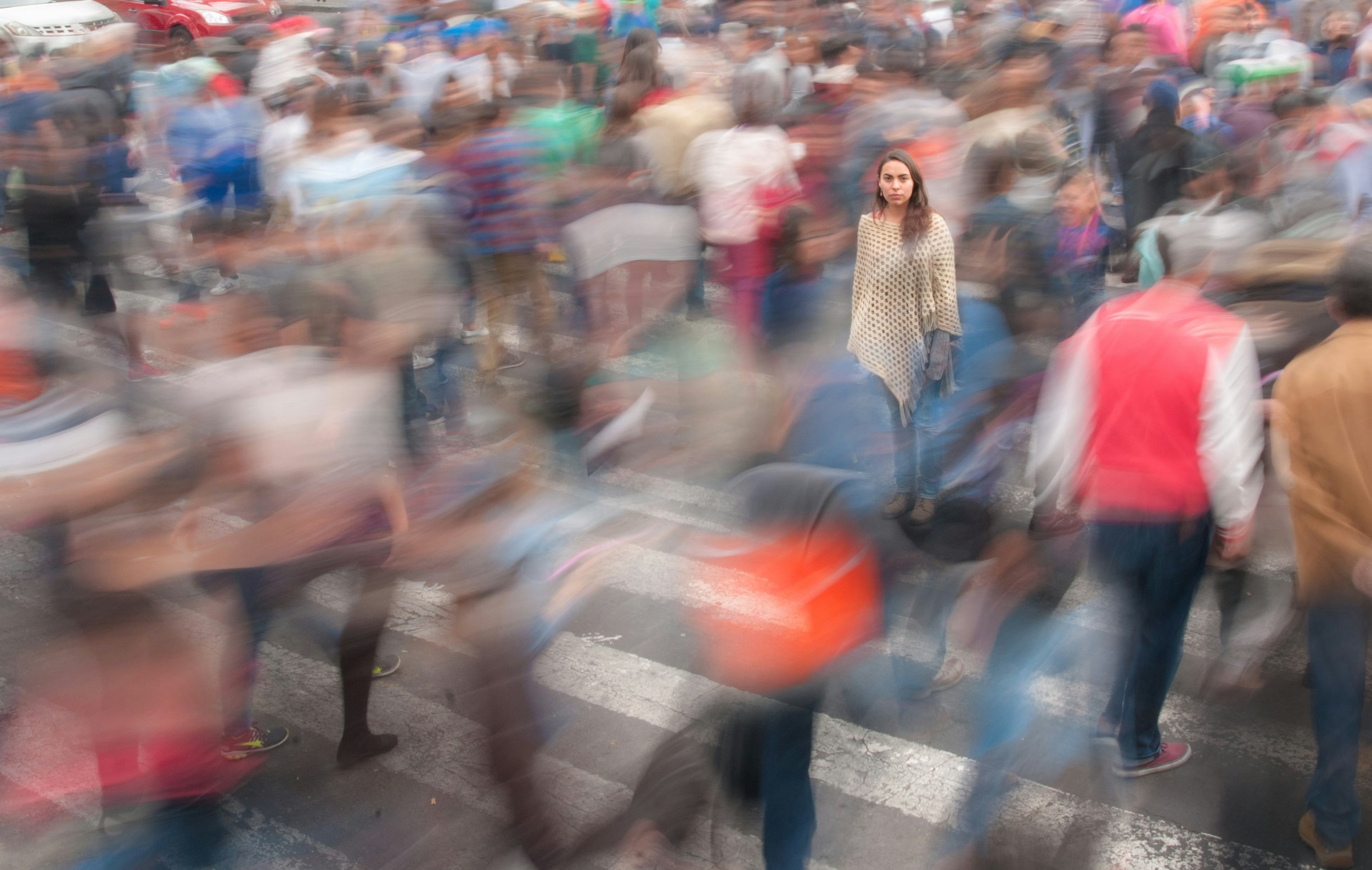What to do about the stressful, overbooked life you are living
In his book, The Divine Conspiracy, Dallas Willard tells of a pilot who was practicing high-speed maneuvers in a jet fighter. She turned the controls for what she thought was a steep ascent — and flew straight into the ground. She was unaware that she had been flying upside down.
Willard describes this as “a parable of human existence in our times — not exactly that everyone is crashing, though there is enough of that — but most of us as individuals, and world society as a whole, live at high-speed, and often with no clue as to whether we are flying upside down or right-side up. Indeed, we are haunted by a strong suspicion that there may be no difference — or at least that it is unknown or irrelevant.”
Look around. You see that high-speed living. Maybe you’re living it. On top of that, even though overbooked and highly stressed, we have a sense that the world around us is accelerating even faster and is passing by us. All of this is completely disorienting. It is no wonder that some, thinking they are taking actions to ascend to a greater perspective on all things, crash straight into the ground.
What does it take to set things right? Doing nothing does not solve it. Something must change.
Slow down
It begins here. There is no other way to say it. Choose to put less into a week. If you want perspective, you have to step back. If you want to less stress, slow down.
We need to add margin into our life.
Space.
Room to breathe.
Rest.
A friend of mine listened to me describe how I had gone for a month without a day off and how that was not unusual. He said to me simply and bluntly, “Whose fault is that?” It was mine. I could control it. That discussion sent me into a search for the meaning of Sabbath rest. Sabbath keeping. It is the one command of God we not only break consistently, but also rather proudly. “Look how busy I am!” (Subtext: I must be important.) Is there an emoji here for God doing a face palm?
Slow down. The sheer pace of life is disorienting.
Learn to savor
At a pastors’ retreat a few years ago, the leader had us do an exercise during a meal. She had us eat slowly and notice the tastes as we ate. She had us savor. Seasonings, textures, smell. Savoring is a form of mindfulness and is on the rise. People long for this. Why is that? We’ve lost it.
Savoring is about focusing on the details. It is about noticing the beauty of the sunset, the smile of a friend, and, to be proverbial, the smell of the flowers. Savoring and mindfulness is about the senses — the warm breeze, the sound of children’s laughter, the feel of linen paper. It is about noticing what is good, positive, and enjoyable. It is about being thankful for all things big and small. It takes slowing down and it takes intentional effort to pay attention. To notice. To be mindful.
Slow down. Learn to savor. Notice the details — the beauty. textures, and what is good.
Make room for the sacred
Rudolph Otto, in his book The Idea of the Holy, writes about a predisposition towards religious experience that has always been a characteristic not just of some individuals, but of the whole human species. One of my professors in seminary observed, “there has yet to be a civilization that does not have spiritual experiences or a story of god.” Even the most staunch atheist has to come to terms with the mystery of love, the awe of childbirth, or surprising acts of courage, grace, or goodness. It can’t all be reduced body chemistry. All of this is the sacred.
We live in a world in which we think less and less about the sacred. We talk less and less about spiritual thoughts and experiences. And yet those thoughts and experiences are real.
As a Christian, I believe the God of the Universe has made very specific all of the general observations of Rudolph Otto about religion and religious experience. God has come to us in a personal way. God has done something for humanity in Jesus Christ. But like general thoughts of mystery, transcendence, and religious experience, it is getting less and less expression in our culture.
When we slow down and savor, this is exactly the time to ponder and express these thoughts of the sacred. When we do this, there is gain. When we give this room to unfold, we will find our souls opening up to a fuller life and deeper meaning. Love gets connected to eternal realities. Rituals and transitions in life take on higher meaning. Every meal with family or friends becomes sacramental. Joy, caring for others, serving our communities, and intellectual pursuit all become a life-giving acts of a present God.
But to get all of that, we must make room for it. We must open ourselves up to God.
Make a shift
All of this is to say, if you want to get different results, you have to do different things. If you want to avoid crashing as you try to ascend, make a shift in your behavior. If you want something other than the high-speed, over-booked, stressful life, do something other than high-speed, overbooked, stressful living.
Slow down, learn to savor, and make room for the sacred.
Try it.
You might just find rest for your weary soul.
